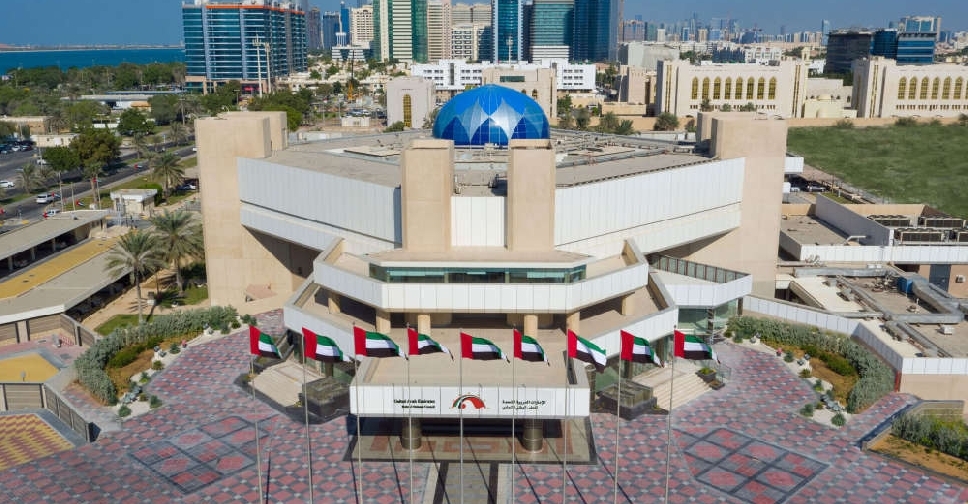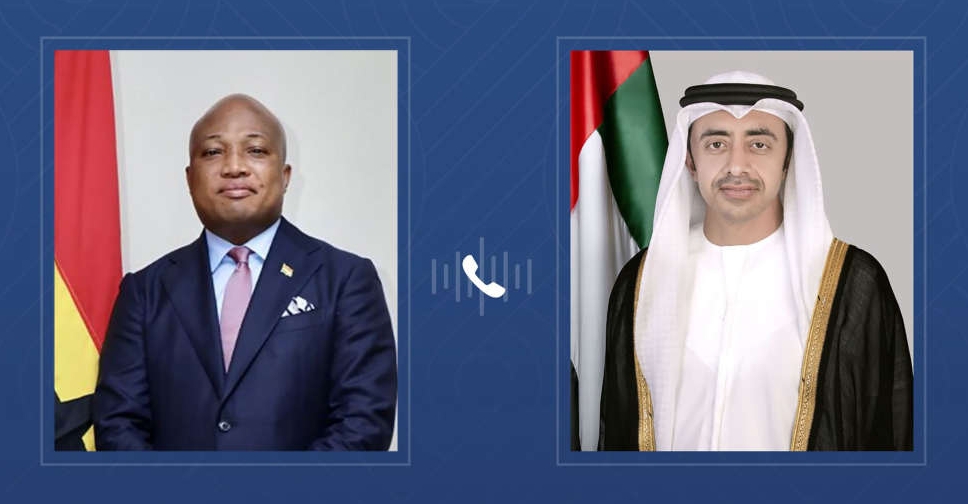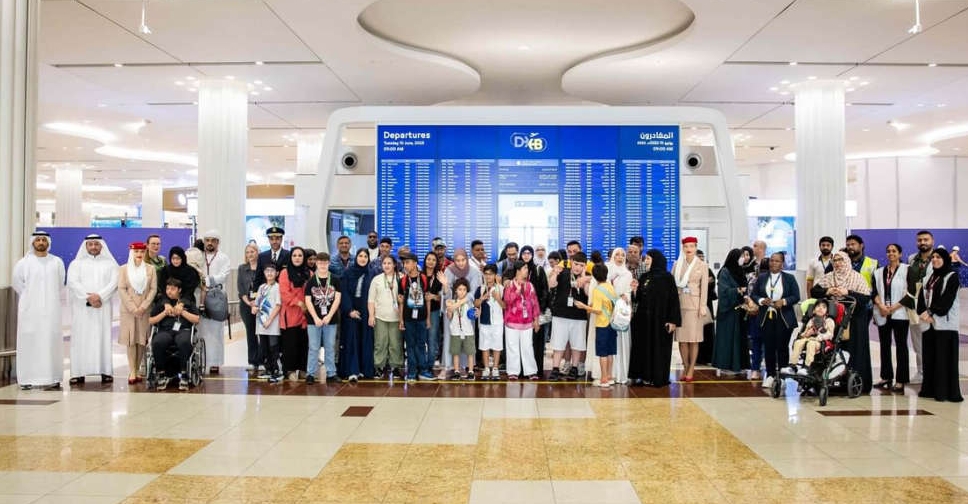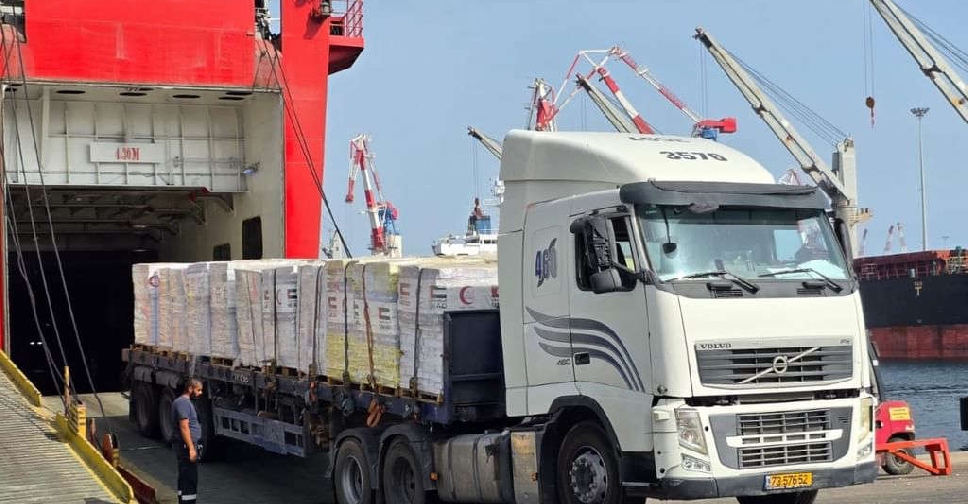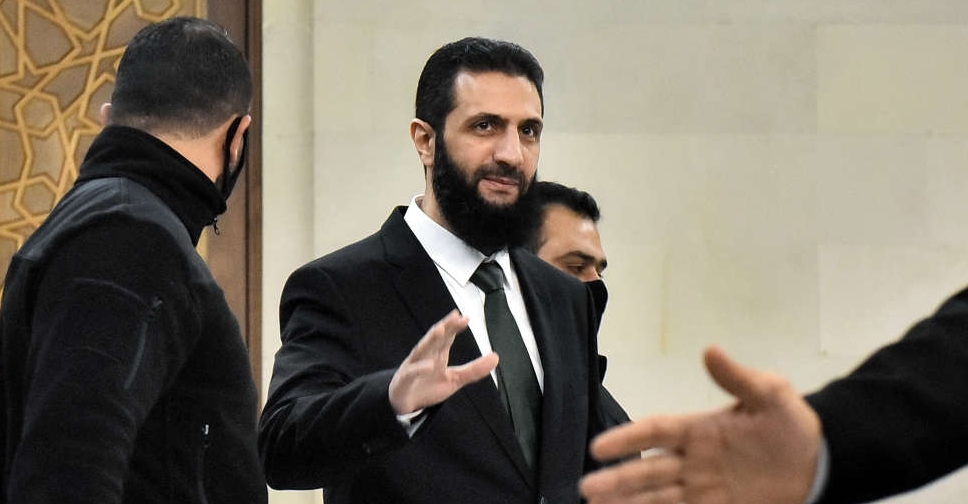
Two weeks after seizing power in a sweeping offensive, Syria's new leader Ahmed al-Sharaa said weapons in the country, including those held by Kurdish-led forces, would come under state control.
Sharaa spoke alongside Turkish Foreign Minister Hakan Fidan, after earlier meeting with Lebanese Druze leaders and vowing to end "negative interference" in the neighbouring country.
Ankara-backed rebels played a key role in supporting Sharaa's group Hayat Tahrir al-Sham (HTS), which headed a rebel alliance that seized Damascus on December 8, toppling longtime ruler Bashar al-Assad.
During a press conference with Fidan, Sharaa said Syria's armed "factions will begin to announce their dissolution and enter" the army.
"We will absolutely not allow there to be weapons in the country outside state control, whether from the revolutionary factions or the factions present in the SDF area", he added, referring to the Kurdish-led Syrian Democratic Forces.
Sharaa traded in the olive-green military shirt he sported just days ago for a suit and tie during his meetings on Sunday at the presidential palace.
He also said "we are working on protecting sects and minorities from any attacks that occur between them" and from "external" actors exploiting the situation "to cause sectarian discord".
"Syria is a country for all and we can coexist together," he added.
That sentiment was on display at the colourfully-lit Christmas market in Damascus, where Batoul al-Law a dietician, said there were more Muslims than Christians.
"We have always celebrated both Christian and Muslim holidays together," she said, but "you feel that people are now happier and more comfortable."
Turkey's Fidan said sanctions on Syria must "be lifted as soon as possible". He called for the international community to "mobilise to help Syria get back on its feet and for the displaced people to return".
Syria's nearly 14-year civil war killed more than half a million people and displaced more than half its population, with many of them fleeing to neighbouring countries, including three million in Turkey.
Turkey has maintained strong ties with Syria's new leaders, and has continued military operations against Kurdish-held areas in northeastern Syria.
A senior German diplomat, Tobias Tunkel, on Sunday said on X that he had spoken with SDF leader Mazloum Abdi about rising tensions in the Kurdish-held border town of Kobane "and urgent steps to diffuse them."
The Britain-based Syrian Observatory for Human Rights said a woman and her child were killed in "artillery shelling by pro-Turkey factions" in the Kobane countryside, and the factions clashed with the SDF further south.
Ankara regards the People's Protection Units (YPG), the main component of the SDF, as being connected to the militant Kurdistan Workers' Party (PKK) at home, which both Turkey and Western allies deem a "terrorist" organisation.
Regional powerhouse Saudi Arabia is also in direct contact with Syria's new authorities, having supported the opposition to Assad for years during Syria's civil war. Riyadh will send a delegation to the country soon, Syria's ambassador in the Saudi capital said.
During his meeting with visiting Lebanese Druze chiefs Walid and Taymur Jumblatt, Sharaa said Syria would no longer engage in "negative interference in Lebanon at all".
Syria "will stay at equal distance from all" in Lebanon, Sharaa added, acknowledging that Syria has been a "source of fear and anxiety" for its neighbour.
Walid Jumblatt, long a fierce critic of Assad and his father Hafez who ruled Syria before him, arrived in Damascus on Sunday at the head of a delegation of lawmakers from his parliamentary bloc and Druze religious figures.
The Druze religious minority is spread across Lebanon, Syria, Israel and Jordan.
The Syrian army entered Lebanon in 1976, only leaving in 2005 after enormous pressure and mass protests following the assassination of former prime minister Rafic Hariri, a killing attributed to Damascus and its ally, Lebanon's Iran-backed Hezbollah group.

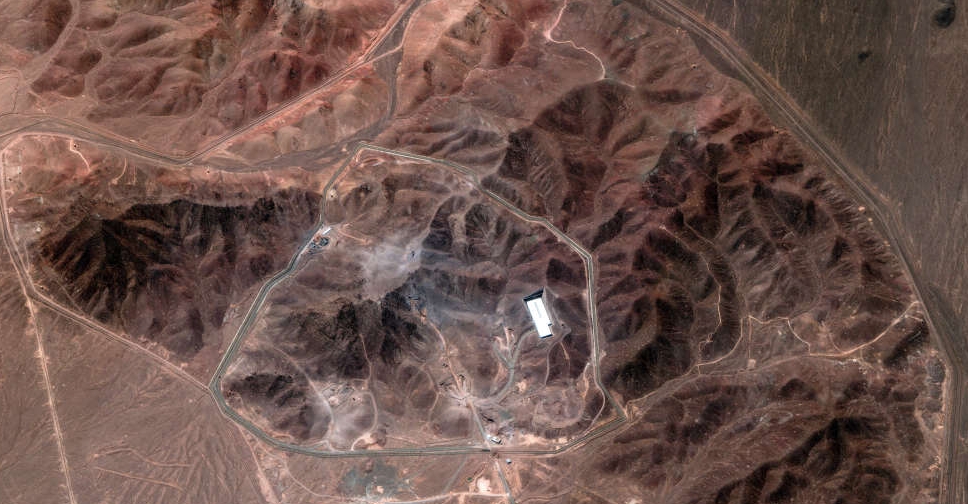 Iranian nuclear programme degraded by up to two years, Pentagon says
Iranian nuclear programme degraded by up to two years, Pentagon says
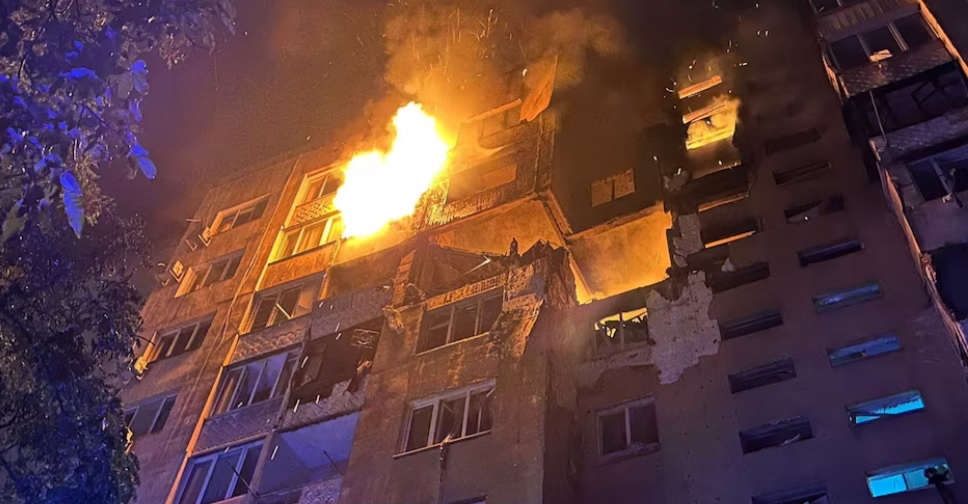 2 children among 5 injured in Russia's air attack on Odesa, Ukraine says
2 children among 5 injured in Russia's air attack on Odesa, Ukraine says
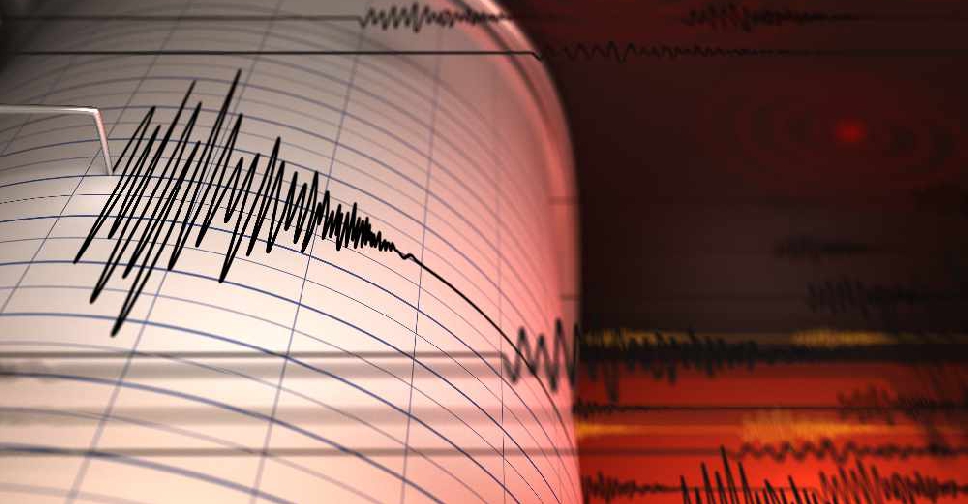 Magnitude 5.5 earthquake strikes southwestern Japan
Magnitude 5.5 earthquake strikes southwestern Japan
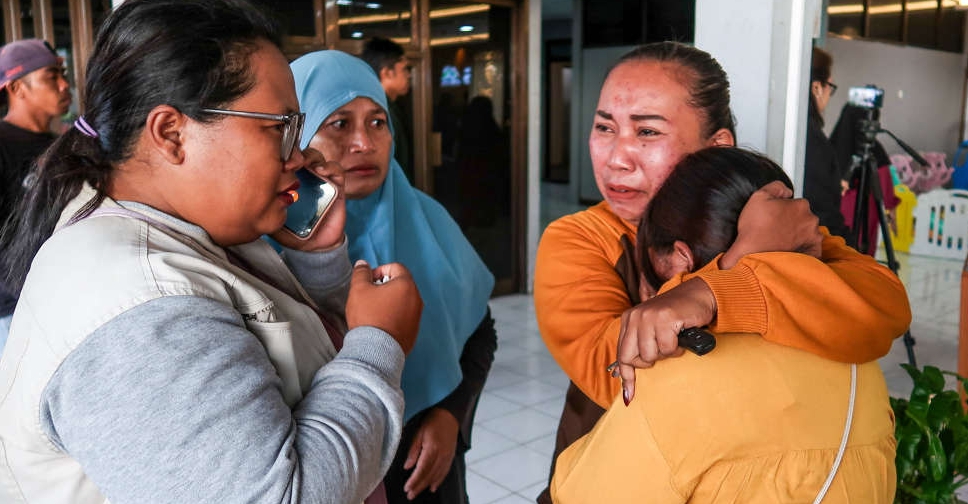 Indonesia races to find missing after ferry sinks near Bali, killing 5
Indonesia races to find missing after ferry sinks near Bali, killing 5
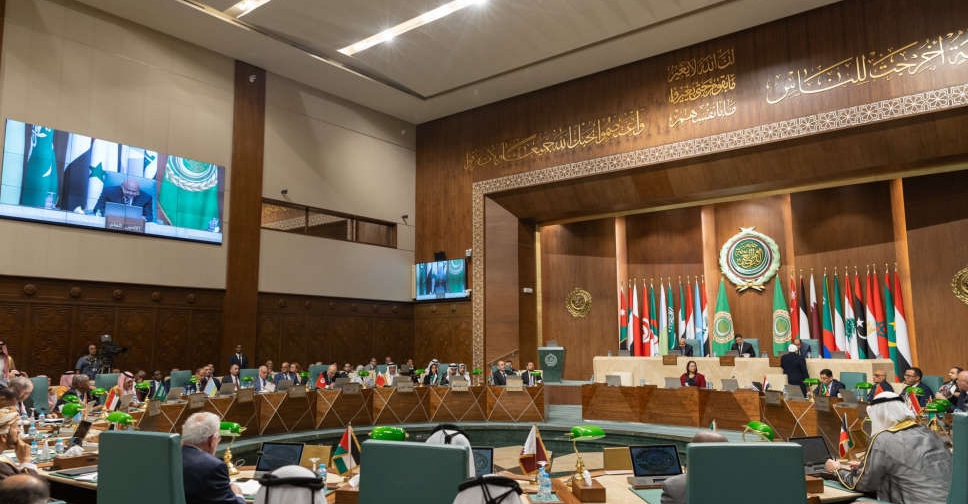 Arab League condemns Israeli minister's calls to annex West Bank
Arab League condemns Israeli minister's calls to annex West Bank
